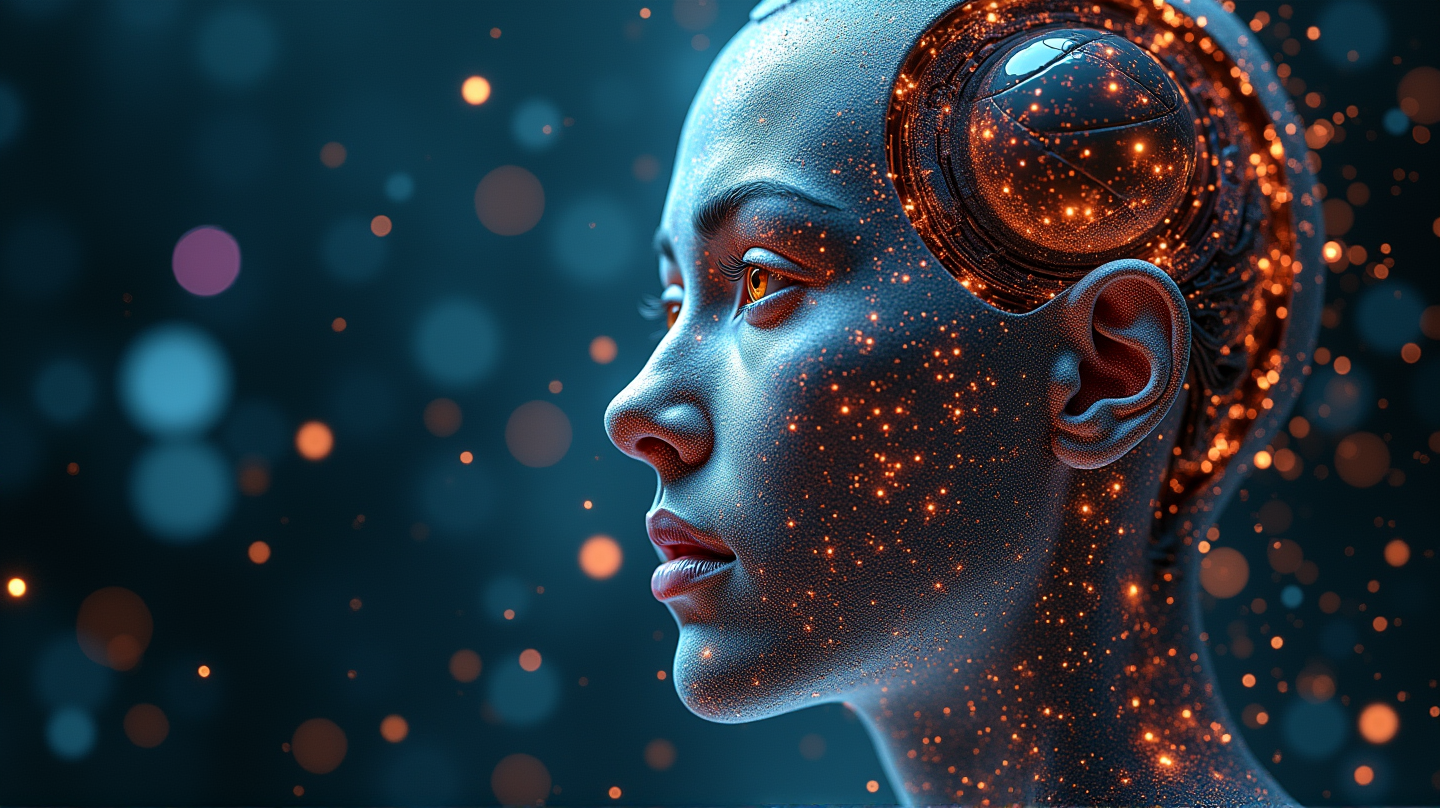The Digital Deception Game
In a world where artificial intelligence is reshaping realities, AI scammers are exploiting this technology to mimic celebrities and athletes, casting webs of deception that ensnare unsuspecting fans. According to WRDW, these AI-generated fakes cost victims thousands, capitalizing on the emotional rush of a fan’s connection with their sporting heroes.
Unmasking the Digital Pirates
The FBI’s Internet Crime Complaint Center revealed a staggering rise in reported scams in 2024, with losses surging to a jaw-dropping $16.6 billion. Southern states like Georgia saw a 40% spike in losses, highlighting the pervasive and expanding threat. Ray Waldheim, savvy administrator of the “Atlanta Braves Chop Live” fan page, shares his concerns about AI-generated Braves fan pages raking in likes and tapping into emotions with nonexistent charitable acts depicted in seemingly real photographs.
Emotional Traps and Financial Drains
AI scams are crafted to tug at the heart, leaving victims emotionally invested and financially trapped. Take the tale of a woman fooled into donating $2,000 to a scammer posing as Austin Riley, a Braves star. These emotional cons often begin in comment sections, then slither into private messages where relationships and trust are artfully fabricated.
The Power and Perils of Deepfake Technology
AI technologies have matured, becoming adept at creating deepfakes from minimal source materials. Public figures like athletes are now vulnerable targets, as easily accessible videos and audio lay the foundation for digital deception. Sean O’Malley of Atlanta Braves Chop Live warns that the origin of many rogue pages can be traced to foreign operators, indicating a sophisticated and far-reaching network of digital conmen.
Defense Against AI Deception
To guard against these scams, experts advocate vigilance and skepticism:
- Scrutinize the creation date and origin of suspect pages.
- Seek verification on official accounts.
- Beware of direct messages from celebrities.
- Remain cautious of links in questionable posts.
David Schweidel of Emory University argues for diligence as a deterrent against becoming a digital dupe, and urges fans to maintain realistic expectations of online interactions with their idols.
Beyond the Borders of Braves Fandom
This issue transcends teams and borders, entwining itself into the digital domains of major sports franchises globally. The scammers, strategic masterminds, adapt effortlessly across sports landscapes, capitalizing on the charismatic pull celebrities exert over devoted fans.
The Celebrities’ Unwanted Role
While fans are the primary targets, celebrities themselves are inadvertently cast into these elaborate scams, manipulated without consent. As Schweidel notes, the halo effect of a beloved figure can obscure the truth, becoming another weapon in a scammer’s arsenal.
Test Your Detective Skills
Put your skills to the test with our interactive challenge to see if you can spot AI-generated images amongst the real ones. These are just some of the alarming ways AI technology is altering the sports landscape, posing challenges for fans and celebrities alike.
Remember, the next time an alluring offer from your favorite athlete pops up, it may be just pixels spinning a tale of deceit. Stay informed, stay cautious, and support initiatives that expose and eliminate these pervasive scams for a safer digital experience.
